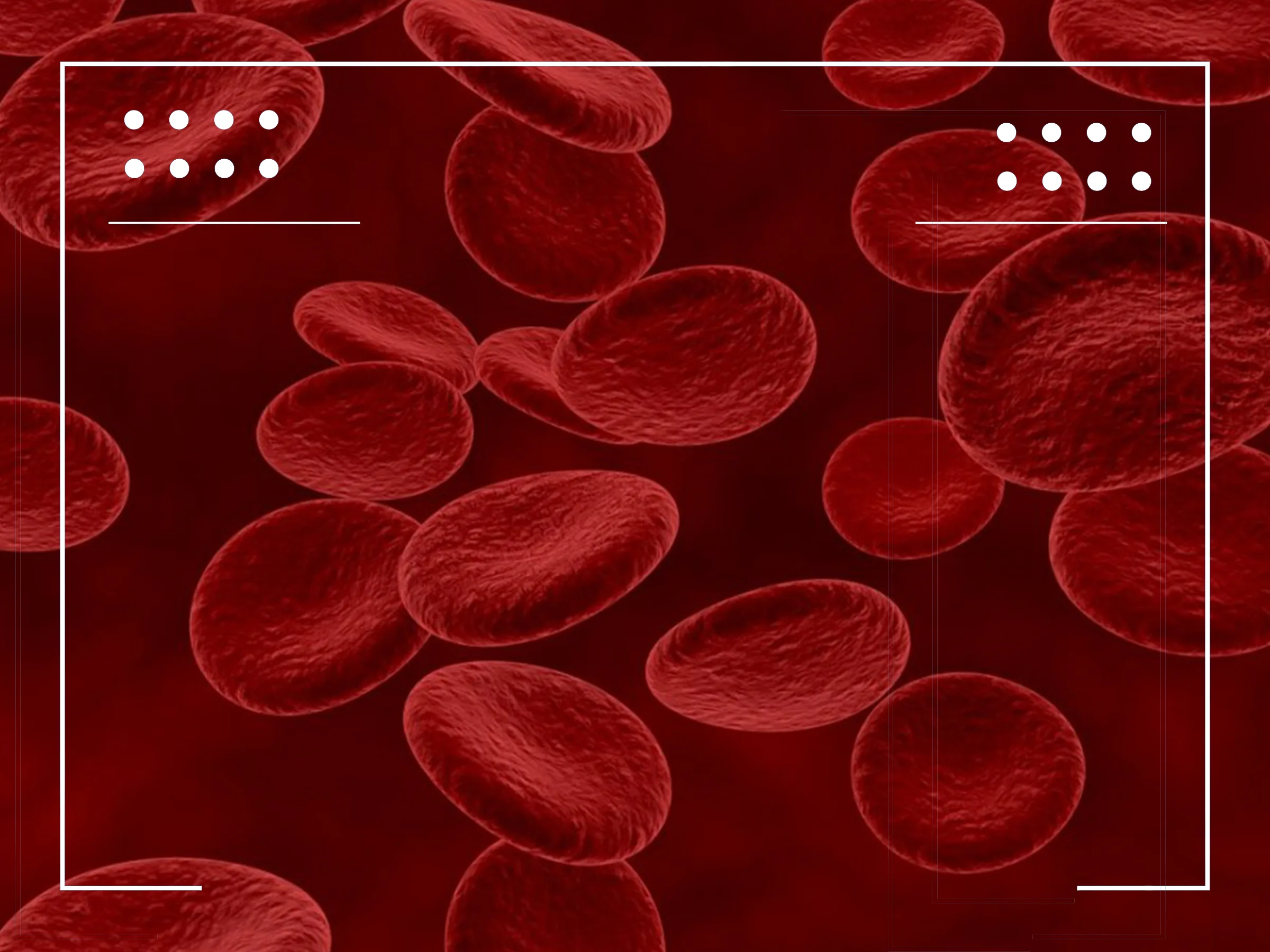Meningitis is a serious infection that inflames the protective membranes covering the brain and spinal cord. This dangerous condition can arise due to various pathogens including bacteria, viruses, and fungi. Early symptoms often mimic the flu, featuring fever, headache, and a stiff neck. Quick diagnosis and treatment are crucial for preventing severe complications and improving outcomes.
Meningitis strikes without much warning, leading to swift and sometimes devastating consequences. Infected individuals must receive prompt medical attention to mitigate the severe effects that can include hearing loss, cognitive impairments, and in severe cases, life-threatening sepsis. Vaccinations have proven effective in reducing the incidence of some bacterial forms of this illness, underscoring the importance of immunization programs.Meninges, the protective layers that encase the brain and spinal cord, play a crucial role in safeguarding the central nervous system. These layers consist of three parts: the dura mater, the arachnoid mater, and the pia mater. Each has a specific function in providing mechanical protection, circulating cerebrospinal fluid, and serving as a barrier against infections. The meninges are vital in the body’s defense mechanism against invasive pathogens that can lead to meningitis. Understanding their structure and function can help medical professionals better diagnose and treat this potentially fatal condition.
What is Meningitis?
Meningitis is an inflammation of the meninges, the membranes that cover the brain and spinal cord. This condition can be caused by a variety of pathogens, including bacteria, viruses, and fungi, leading to different types of meningitis, such as bacterial and fungal meningitis.
Signs of meningitis vary depending on the age of the affected individual and the cause of the infection. Common symptoms include severe headache, fever, stiffness in the neck, and sensitivity to light. In babies, signs might be less specific and can include irritability, excessive sleepiness, or poor feeding.
Causes of meningitis are generally infectious agents, with bacteria and viruses being the most common. Bacterial meningitis symptoms are typically more severe and progress rapidly. Without prompt treatment, bacterial meningitis can lead to serious complications such as seizures, brain damage, and even death.
Treatment for meningitis depends on its cause. Bacterial forms require immediate administration of antibiotics and sometimes corticosteroids to reduce swelling and prevent complications. Fungal meningitis treatment involves long-term antifungal medication, often needing several weeks or months to effectively eradicate the infection.
Understanding the signs and causes of meningitis is crucial for early detection and treatment, which significantly improves outcomes for affected individuals.
Meningitis Treatments
Meningitis is a serious medical condition that affects the meninges, the protective coverings of the brain and spinal cord. Effective treatment varies depending on whether the inflammation is caused by viruses, bacteria, or other organisms like fungi or amoebae.
This disease an inflammation that can block the normal flow of cerebrospinal fluid around the brain and spinal cord area, leading to severe symptoms. These symptoms often include high fever, headache, stiff neck, and sensitivity to light. Recognizing these symptoms early can be critical for effective treatment.
Treatment strategies differ significantly based on the type of meningitis:
- Viral meningitis is usually less severe and often resolves without specific treatment, other than supportive care such as rest, hydration, and over-the-counter pain relievers to relieve symptoms.
- Bacterial meningitis requires immediate treatment with intravenous antibiotics and corticosteroids to reduce inflammation.
- Aseptic meningitis, which includes cases caused by viruses like the enterovirus, usually improves on its own; however, supportive care is crucial to manage symptoms.
- Amoebic meningitis, caused by waterborne amoebae, is extremely rare and typically has a poor prognosis, requiring aggressive antimicrobial treatment.
For cases of meningococcal disease, which is a severe form of bacterial meningitis, rapid administration of antibiotics is critical.
Prevention plays a crucial role in managing the spread of this disease. Vaccine strategies are effective in reducing the incidence of some types of bacterial and viral. Vaccines are available for both bacterial types like meningococcal disease and for certain viral causes.
Understanding who is at risk for this disease can also guide vaccination and prevention strategies. Infants, teenagers, and people with compromised immune systems are typically at higher risk and may benefit from vaccination.
In conclusion, this disease requires a diversified approach to treatment and prevention, depending on the causative agent. Early detection and treatment are essential for preventing serious health outcomes and ensuring the best possible recovery for those affected.












